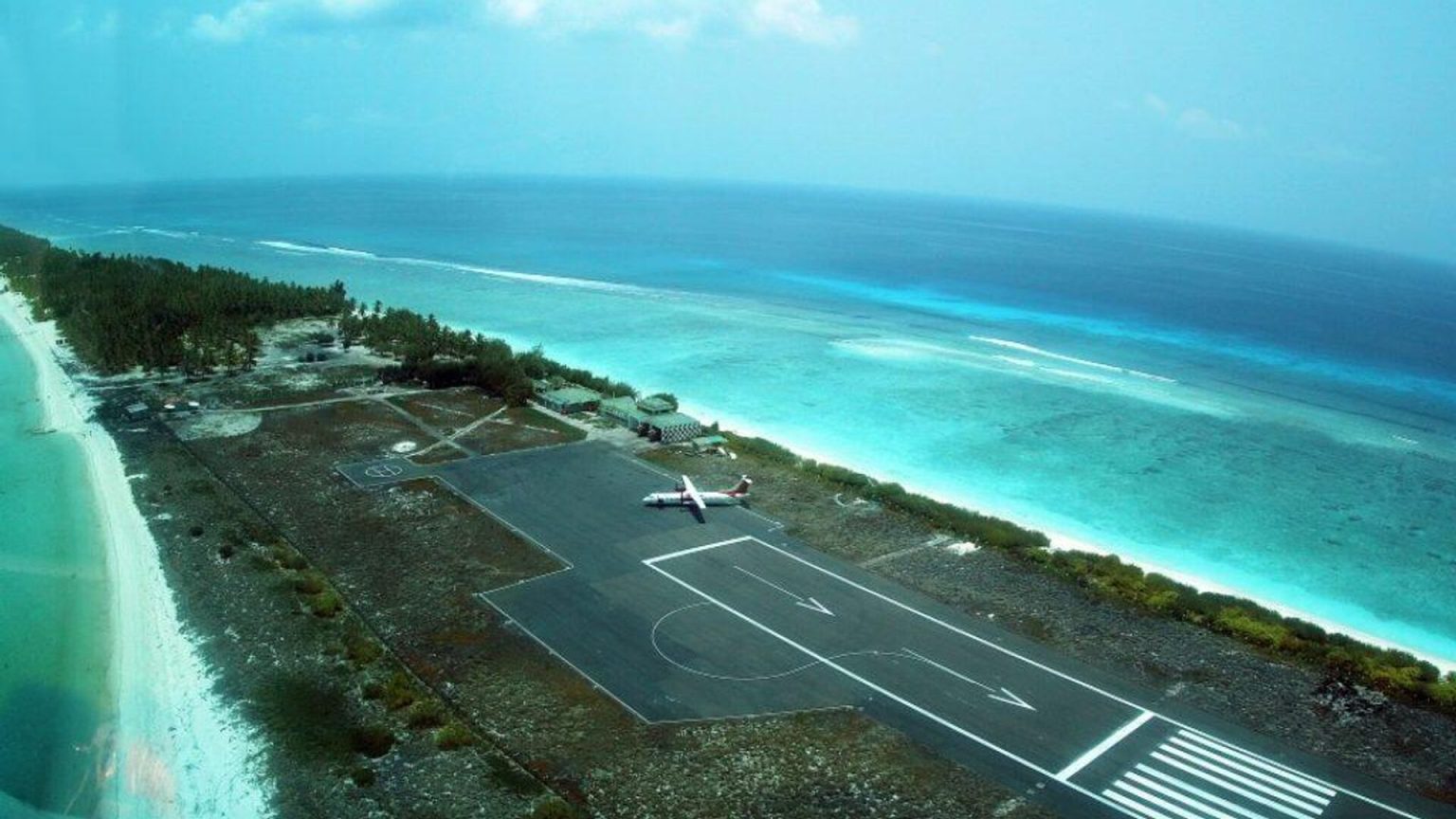India is significantly advancing its military and strategic infrastructure within the Indian Ocean Region (IOR). The move shall bolster its operational reach and sustenance to challenge Chinese presence in Indian Ocean. On March 6, 2024, India officially unveiled its latest naval base, INS Jatayu, located at Minicoy, the southernmost island of Lakshadweep. This inauguration marks India’s second naval base within the Lakshadweep archipelago, complementing INS Dweeprakshak in Kavaratti.
Establishing INS Jatayu underscores India’s strategic response to the Maldives’ current tilt toward China. After a leadership change in the Maldives, Mohammad Muizzu’s government has demanded the withdrawal of Indian troops. Moreover, it inked a bilateral agreement with China to augment defense cooperation.
INS Jatayu naval base is strategically vital to India. Minicoy Island is situated at a critical juncture between key trade routes linking the Straits of Malacca and the Gulf of Aden and its proximity to the Maldives underscores its strategic value. A naval base on the island can monitor activities of a strategic sea line of communication in Indian Ocean.
Of notable concern is how China will react to this development, especially considering the rapid advancement of India’s naval capabilities in the Indian Ocean. India’s overarching goal seems to be strengthening its position as a net security provider in the Indian Ocean, possibly through cooperation with the United States.
Indian navy commanders have expressed commitment to enhancing the forces’ combat capability, particularly in strategically located island territories. This new base will bolster India’s surveillance and war-fighting capabilities against China and Pakistan in the Indian Ocean. Additionally, the service chiefs of the Indian army and air force have articulated their readiness levels to safeguard their national interests amid prevailing and evolving security challenges.
Indian navy commanders have expressed commitment to enhancing the forces’ combat capability, particularly in strategically located island territories. This new base will bolster India’s surveillance and war-fighting capabilities against China and Pakistan in the Indian Ocean.
INS Jatayu presents India with several strategic and military advantages. Firstly, it will allow India to monitor crucial chokepoints closely. Secondly, India can promptly deploy its naval forces from the Minicoy base to address any perceived threats to its maritime security. Thirdly, establishing the INS Jatayu base will enhance India’s capacity to project naval strength beyond its territorial waters, extending to the Bab El Mandeb Strait and the Cape of Good Hope.
India is fostering relations with other important island nations such as Madagascar and Seychelles. INS Jatayu, besides offering it a strategic advantage for conducting amphibious operations, shall also serve as a staging point for expeditionary missions during the conflict. Despite providing India with significant strategic and economic advantages, the establishment of INS Jatayu poses considerable implications for the delicate geopolitical balance of the IOR, particularly concerning Pakistan and China.
Establishing a naval base in Minicoy could act as a deterrent against regional states, Pakistan, and China, augmenting India’s naval prowess and potentially influencing their military strategies and calculations. Secondly, it may exacerbate the existing strategic competition of India with Pakistan and China within the Indian Ocean. For instance, bolstering naval capabilities is imperative for Pakistan in response to such developments. Thirdly, the presence of INS Jatayu could significantly impact vital maritime economic and trade routes traversing the Indian Ocean. Any disruption or threat to these trade routes could have severe economic and military consequences for stakeholders, including Pakistan and China.
Moreover, the presence of INS Jatayu may influence broader regional stability, potentially exacerbating tensions among neighboring countries. The display of advanced weaponry systems aboard INS Jatayu is likely to engender a security dilemma in Pakistan, given the history of relations with India. The IOR has traditionally been portrayed as a Zone of Peace (ZoP). However, the advancement of the Indian navy may catalyze arms and technology competition, potentially transforming the area into a realm of uncertainty
.It could also influence China to maximize its arms exports to nations like the Maldives and Iran. India is positioning itself as a dominant power in the IOR, motivated by the Indo-Pacific Strategy (IPS), which designates New Delhi as a net security provider in the region. This move is ostensibly aimed at counterbalancing the increasing naval capabilities of China in the region. Likewise, a significant development occurred on February 29th, when India inaugurated a jetty and aviation strip on Mauritius Island. This infrastructure enhancement enables India to oversee the Mozambique Channel and the commercial corridor spanning Southern Africa. Such actions suggest that India is disrupting the historically tranquil environment of the Indian Ocean Region in pursuit of its strategic objectives. This approach by India might incur substantial costs for the region in the foreseeable future.
This article has been published at
Mr Murad Ali is a Research Officer at Center for International Strategic Studies (CISS), Islamabad
